The Role of Portable Cleanrooms in Modern Manufacturing
In modern manufacturing environments, maintaining cleanliness and contamination-free processes is critical. Portable cleanrooms are revolutionizing the industry by offering flexible and efficient solutions. In this blog, we'll explore their significance, applications, and future potential.
Understanding Portable Cleanrooms
Portable cleanrooms are modular, easily deployable environments designed to maintain controlled, contaminant-free conditions crucial for various manufacturing processes. These cleanroom solutions provide a seamless balance between necessary space and sterilization, making them highly adaptable for diverse industry needs. Often, portable cleanrooms come in the form of modular hardwall and softwall setups that can be swiftly installed in any location, tailoring to specific cleanliness requirements. Their mobile nature serves industries with fluctuating production demands, such as pharmaceuticals that require stringent sterility standards in environments like cell and gene therapy cleanrooms, where maintaining cleanliness is non-negotiable.
The design of portable cleanrooms makes them a marvel of engineering. They can feature specialized cleaning and circulation systems that sustain desired particulate levels and maintain temperature, humidity, and pressure controls. Furthermore, these cleanrooms have various classification levels, from ISO 5 to 9, ensuring robustness in contamination control. With technological advancements, the installation of modular components has become more standardized, providing both time efficiency and cost-effectiveness. Such developments align with the rising interest in -modular construction for bio facilities, driven by increased efficiency and reduced completion times.
Advantages of Portable Cleanrooms
They offer a host of benefits including flexibility, cost-effectiveness, and ease of installation, which contribute to their growing popularity in manufacturing settings. Portable cleanrooms deliver a high degree of scalability, allowing manufacturers to expand or contract as per production demands economically. The cost savings come, in part, from the reduced need for permanent infrastructures and less downtime in production during installation. Additionally, the maintenance of these cleanrooms is streamlined, with components and technologies designed to minimize technical interruptions. The advancement in modular technology provides reusability and reduced construction times, often completed in weeks rather than months.
The mobility of portable cleanrooms supports operational efficiency by enabling swift movement of clean environments to where they are most needed. This incredible adaptability means manufacturers can respond quickly to new projects or expanded workflows, ensuring that productivity is not hampered by space constraints. Moreover, they support cost-effective compliance with cleanliness standards, as their design integrates automatic systems that improve the dependability of contamination barriers.
Applications in Various Industries
From pharmaceuticals to electronics, portable cleanrooms play a vital role in sectors where contamination control is non-negotiable. In the realm of pharmaceuticals, cleanrooms are integral to the manufacture of sensitive biological products, where even the slightest contamination could prove catastrophic. In such settings, modular cleanrooms offer a practical solution by providing clean environments necessary for sterile manufacturing processes.
In the electronics industry, cleanrooms are indispensable in the production of semiconductors and high-tech components. These precision environments ensure that sensitive components are not compromised by dust particles, which can cause electrical failures. The ability to setup and relocate portable cleanrooms makes them an invaluable resource for meeting production demands swiftly. Furthermore, research and development sectors, frequently working on varied projects simultaneously, benefit tremendously from the flexibility portable cleanrooms afford them. This capacity for swift, responsive modifications allows businesses to remain competitive while maintaining stringent quality controls.
Overcoming Challenges with Portable Cleanrooms
While they offer numerous advantages, ensuring compliance with industry standards and maintaining strict environmental controls remain challenges for manufacturers. Achieving compliance requires alignment with specific cleanroom classifications, ensuring that portable solutions maintain the set particulate counts. It becomes crucial to meticulously manage the balance of air flow, filtration, and pressure controls to meet these standards consistently.
Manufacturers face the task of consistently upgrading their systems to leverage technological advancements that can mitigate the threats of contamination and equipment failure. Regularly assessing cleanroom components for wear and undertaking preventive maintenance is pivotal in maintaining their effectiveness. Furthermore, as manufacturing processes evolve, cleanrooms may need to be retrofitted with contemporary components to ensure ongoing compliance with evolving standards. These challenges emphasize the importance of ongoing support and development in cleanroom technology, guiding manufacturers towards utilizing cutting-edge solutions to meet industry demands.
Future Trends and Innovations
The integration of advanced technologies and materials in the development of portable cleanrooms promises exciting future innovations, enhancing their effectiveness and applications. We are witnessing a shift towards more versatile designs that encapsulate advances such as automation and remote monitoring, which cut down human intervention and increase accuracy in contamination control. The advent of modular cleanrooms with enhanced materials like nanocoatings adds superior antimicrobial properties, ensuring greater sterility. Innovations also look at energy efficiency, with new systems promoting sustainable practices and reducing operational costs. As the demand for modular systems heightens, the future of cleanrooms is being shaped by a marriage of technology, flexibility, and sustainability, driving forward the capacity of global manufacturing.
The Future of Portable Cleanrooms in Manufacturing
Portable cleanrooms have become an indispensable asset in modern manufacturing. Their adaptability and efficiency make them the perfect solution for evolving industry demands. As technology advances, we can expect their role to expand, further enhancing manufacturing capabilities.
For a no-obligation quote on your next cleanroom project contact the specialists at CleanAir Solutions, Inc. The premiere design-build cleanroom contractor serving clients nationwide since 1998. Send your emailed inquiry to Sales@cleanroomspecialists.com where a highly trained specialist is available to assist you today.

